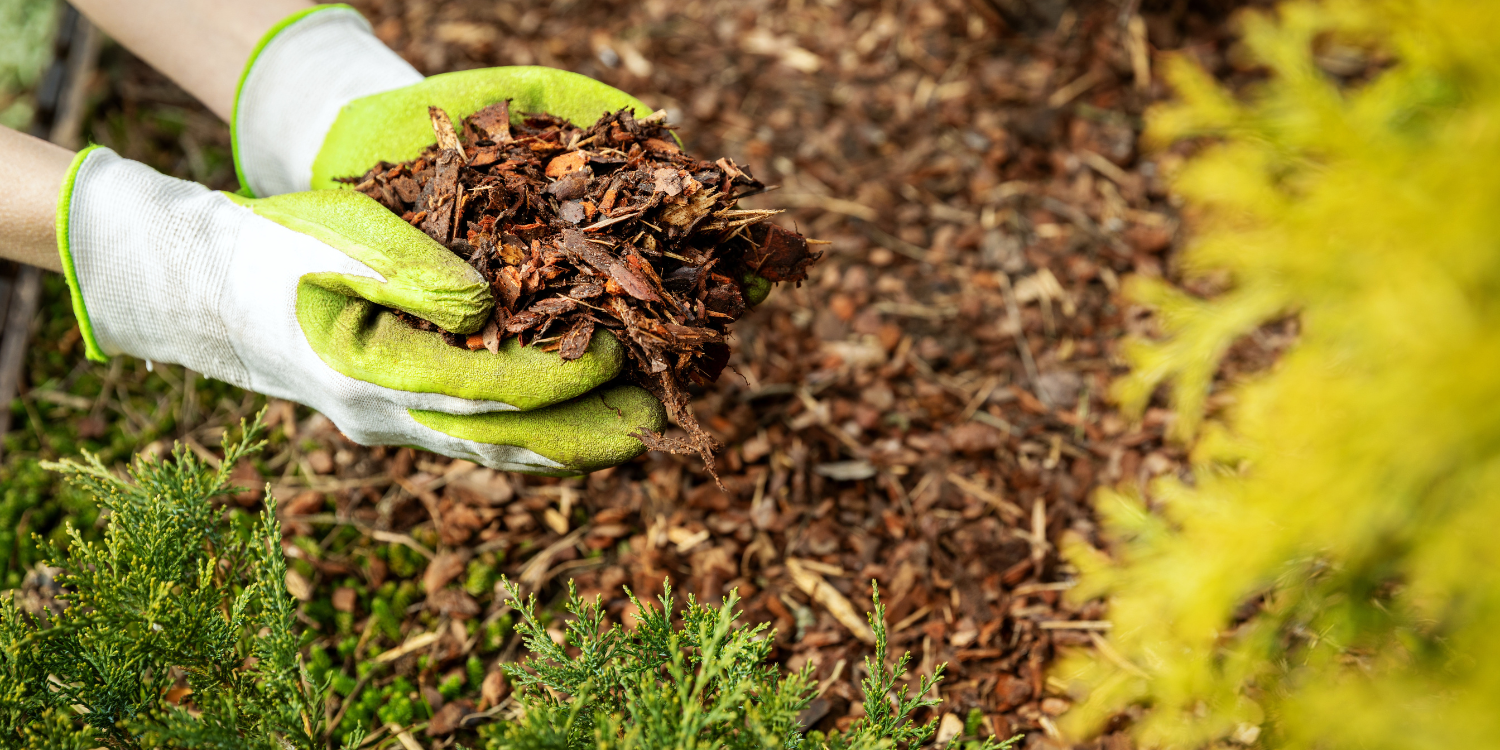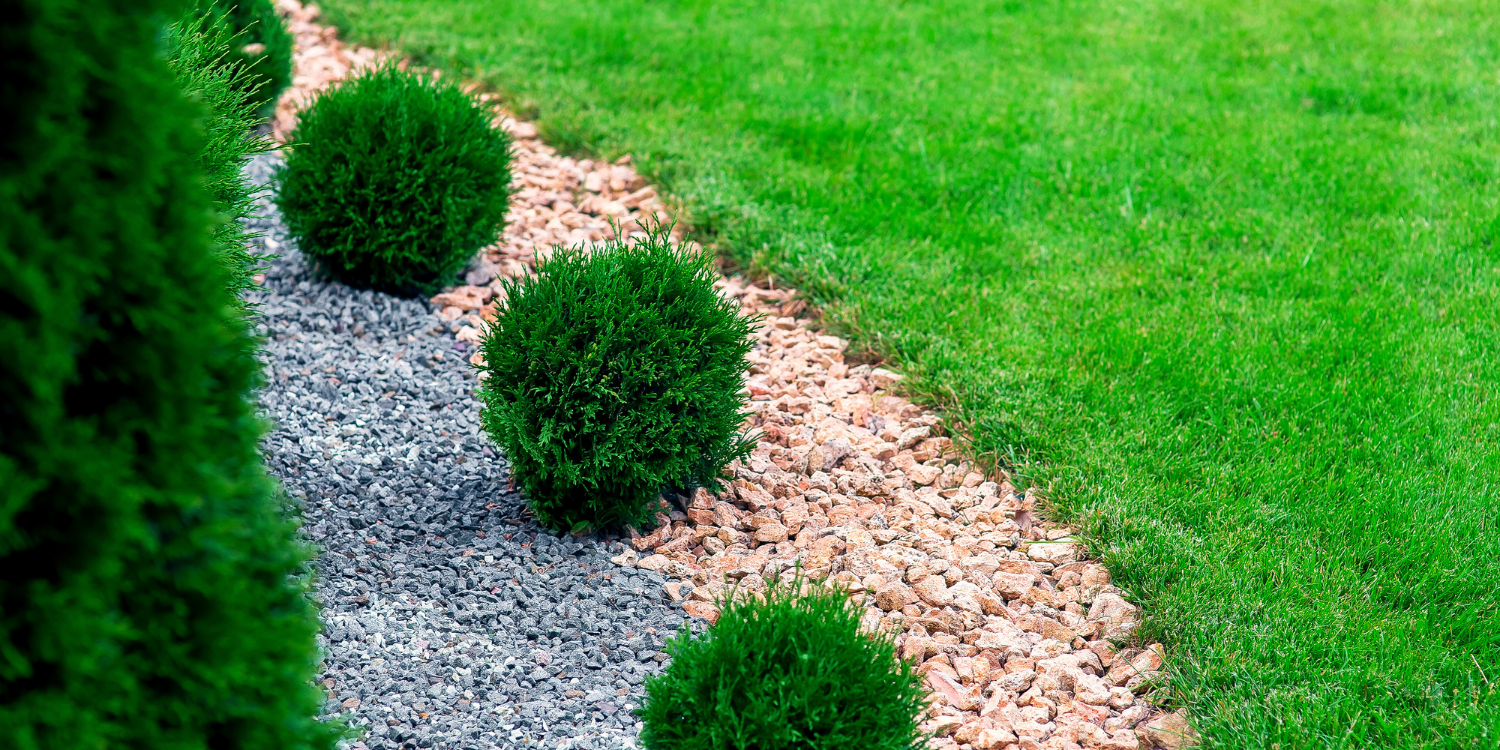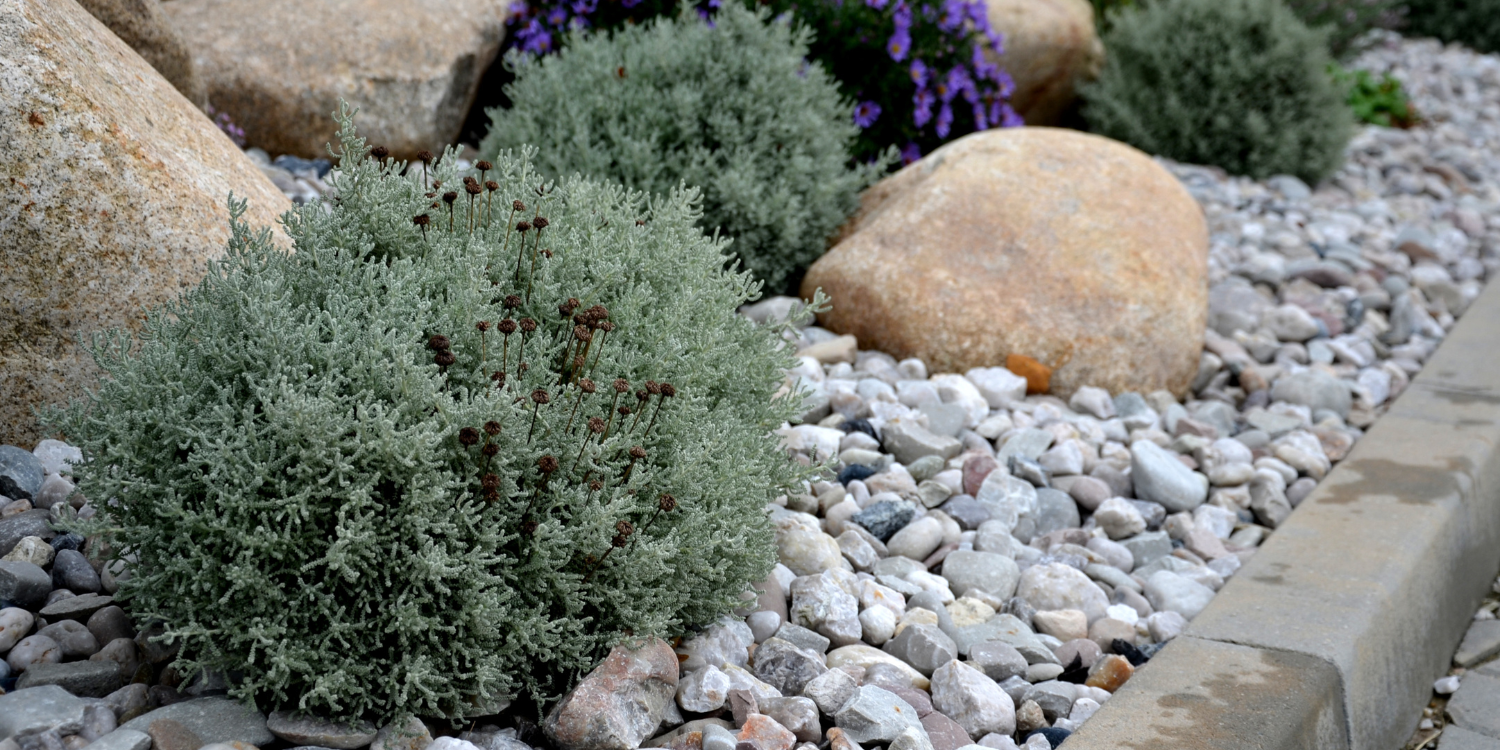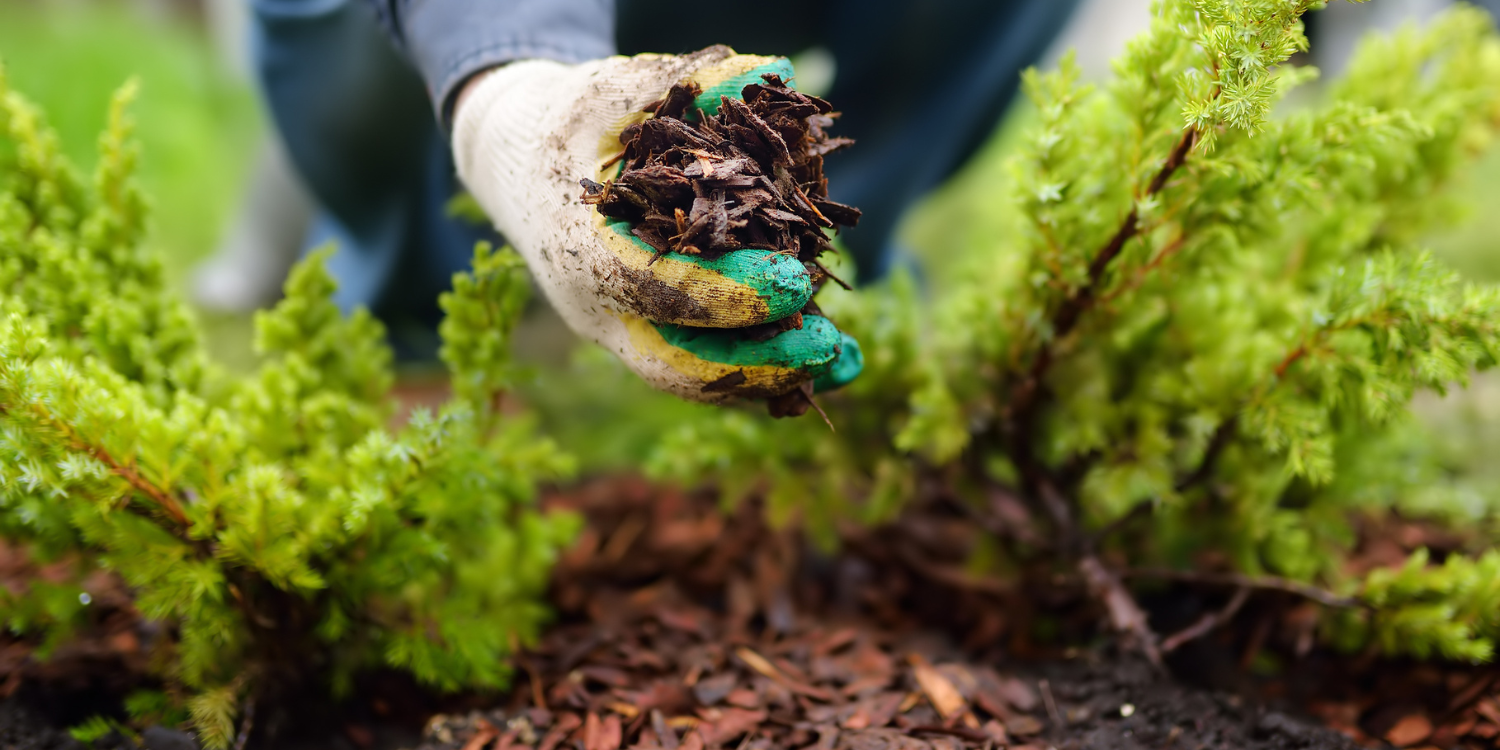10 Mulch FAQs on Types, Benefits, and Effective Usage in Your Garden
Mulch is a garden’s best friend. This simple yet wholly beneficial material plays a key role in the health and appearance of your garden. Whether you’re a seasoned gardener or just starting, understanding mulch is key to successful growing. In this article, you will learn:
- What mulch is and its critical role in gardening.
- The different types of mulch and how to choose the right one for your needs.
- Practical tips and techniques for mulching effectively.
So, let’s dive into the world of mulch and answer common questions to explain its wonderful benefits.
What is Mulch, and Why Is it Essential in Gardening?
Mulch is a protective layer of material applied to the surface of soil in gardens. It serves several vital functions: conserving soil moisture, improving fertility and health, reducing weed growth, and enhancing the visual appeal of the area. By acting as a blanket for the soil, mulch moderates temperature fluctuations and protects roots from extreme conditions, making it a must-have for various climates.
What Are the Different Types of Mulch Available for Gardens?
Gardeners can choose from a variety of mulches, each with unique properties. Organic mulches like shredded bark, pine needles, and leaves decompose over time, enriching the soil with nutrients. Inorganic mulches such as gravel and plastic sheets offer more permanent solutions but don’t improve soil fertility and may have negative environmental impacts. Selecting the right type depends on the specific needs of your plants and the desired aesthetic of your garden.
Some common types and uses include:
- Shredded Bark: Ideal for sloped areas.
- Pine Mulch: Decomposes to add nutrients.
- Cedar Mulch: Has natural oils that repel insects, and it’s long-lasting.
- Straw Mulch: Commonly used in vegetable gardens, it’s excellent for seed germination.
- Rubber Mulch: Made from recycled tires, it’s long-lasting and doesn’t decompose.
- Stone or Gravel Mulch: Great for permanent landscapes, doesn’t decompose and requires little maintenance.
- Plastic Mulch: Common in commercial agriculture, it’s effective in warming the soil and retaining moisture.
How Does Mulch Benefit Plant Health and Soil Quality?
Mulch benefits plant health and soil quality in several ways. It helps maintain soil moisture, reducing the need for frequent watering. By providing a barrier between the soil and the environment, it minimizes soil erosion and nutrient loss. As organic mulches break down, they enrich the soil with essential nutrients, promoting healthier plant growth. In addition, mulch regulates soil temperature, protecting plant roots from extreme heat or cold.
Can Mulch be Used in Landscape Design?
It certainly can and often is! Beyond its practical benefits, mulch is an excellent tool in landscape design. It provides a clean, uniform look to garden beds and can be used to create contrast and highlight specific plants or garden features. With a range of colours and textures available, mulch can complement any landscape style, from rustic to modern.
What Are the Best Practices for Applying Mulch in a Garden?
When applying mulch, a few best practices ensure its effectiveness:
- Apply a layer of mulch that is about 2-3 inches thick around your plants. This thickness is optimal for retaining moisture and suppressing weeds without suffocating the soil.
- Be careful to avoid direct contact between the mulch and plant stems. This precaution helps prevent rot and other stem-related diseases.
- Ensure that the mulch is spread evenly across the garden bed. An uneven layer can lead to inconsistent moisture retention and growth patterns.
- Extend the mulch to the drip line of the plants, which is the outer circumference of the plant’s canopy. This ensures that the entire root area is covered, maximizing the benefits of mulching.
- Regularly check and replenish the mulch throughout the growing season. This maintenance is crucial as mulch can decompose or disperse, reducing its effectiveness.
Need more guidance? Contact our team today for more information on mulch application!
How Do Organic and Inorganic Mulches Differ in Function and Use?
Organic mulches, derived from natural materials like wood chips and leaves, decompose over time, improving soil structure and fertility. Inorganic mulches, such as stones or synthetic fabrics, are more durable and provide a permanent solution for weed control and moisture retention. However, they don’t offer the same soil-enhancing benefits as organic options.
What Are the Benefits of Natural Mulch?
Natural mulch, typically made from organic materials, offers several benefits. It improves soil health by decomposing and adding nutrients, promotes moisture retention, and supports a balanced ecosystem in the garden. Natural mulch also helps regulate soil temperature and provides a habitat for beneficial insects and microorganisms.
Are There Specific Mulching Techniques for Vegetable Gardens?
Vegetable gardens benefit greatly from mulching. Organic mulches like straw or grass clippings are ideal as they break down quickly, adding nutrients to the soil. Mulch should be applied after planting and can help reduce water evaporation, keep soil temperatures stable, and prevent weed growth, leading to healthier and more productive vegetable plants.
How Often Should Mulch be Replaced or Replenished in a Garden?
The frequency of replacing or replenishing mulch depends on the type used. Organic mulches decompose and should be checked and replenished annually. Inorganic mulches last longer but may need refreshing to maintain their appearance and functionality. Regularly inspecting your mulch and adding more as needed will keep your garden healthy and attractive.
Can Mulch Help in Weed Control and Moisture Retention in Garden Beds?
Yes, mulch is highly effective in controlling weeds and retaining moisture in garden beds. It acts as a barrier, preventing sunlight from reaching weed seeds and thus inhibiting their growth. Mulch also helps to retain soil moisture, reducing the need for frequent watering and ensuring that plants have consistent access to the water they need.
Find the Garden Supplies You Need at Grand River Natural Stone
Mulch is an essential component of a thriving garden, offering numerous benefits, from soil health improvement to aesthetic enhancements in landscape design. Especially when natural products are used, mulching is a simple yet effective technique to enrich and protect your garden.
For those seeking quality mulching materials, Grand River Natural Stone offers a wide range of options to suit any gardening need. Explore our collection and take the next step in your gardening journey with confidence and the right resources. If you have any questions, please contact us!



